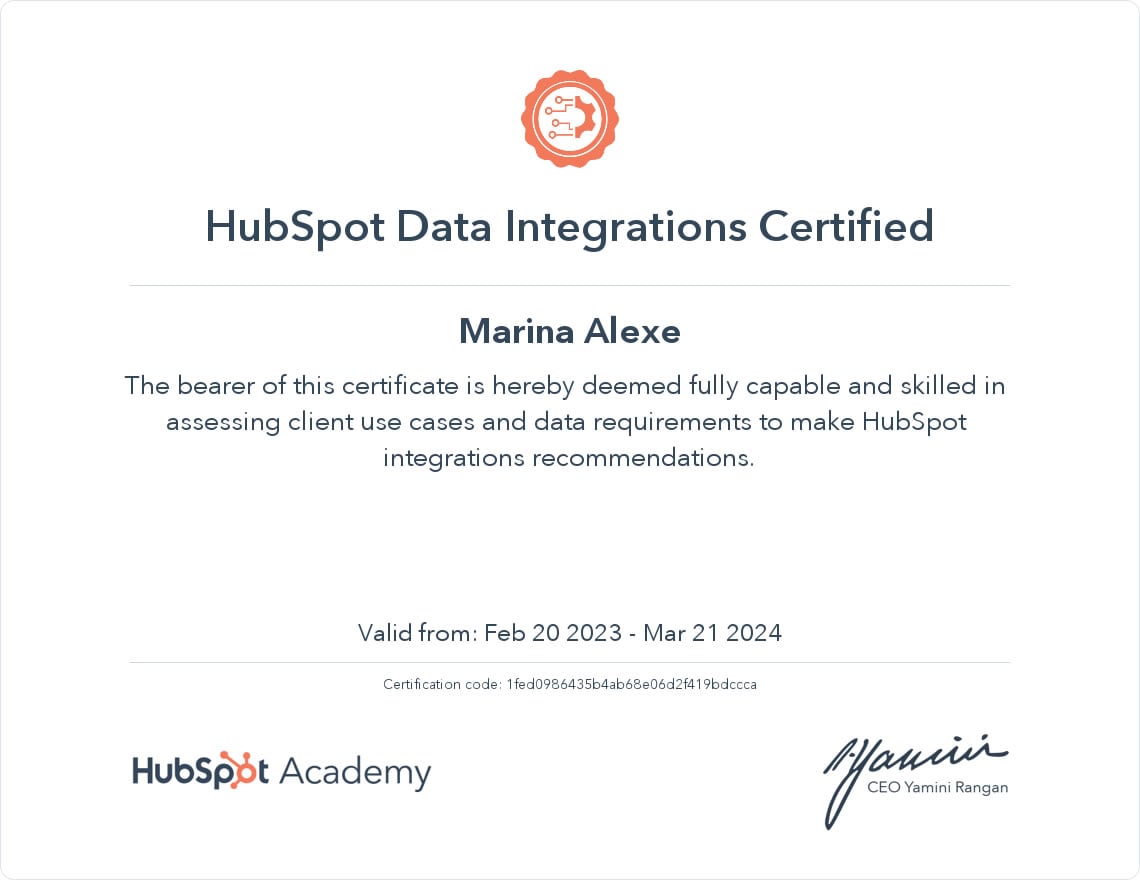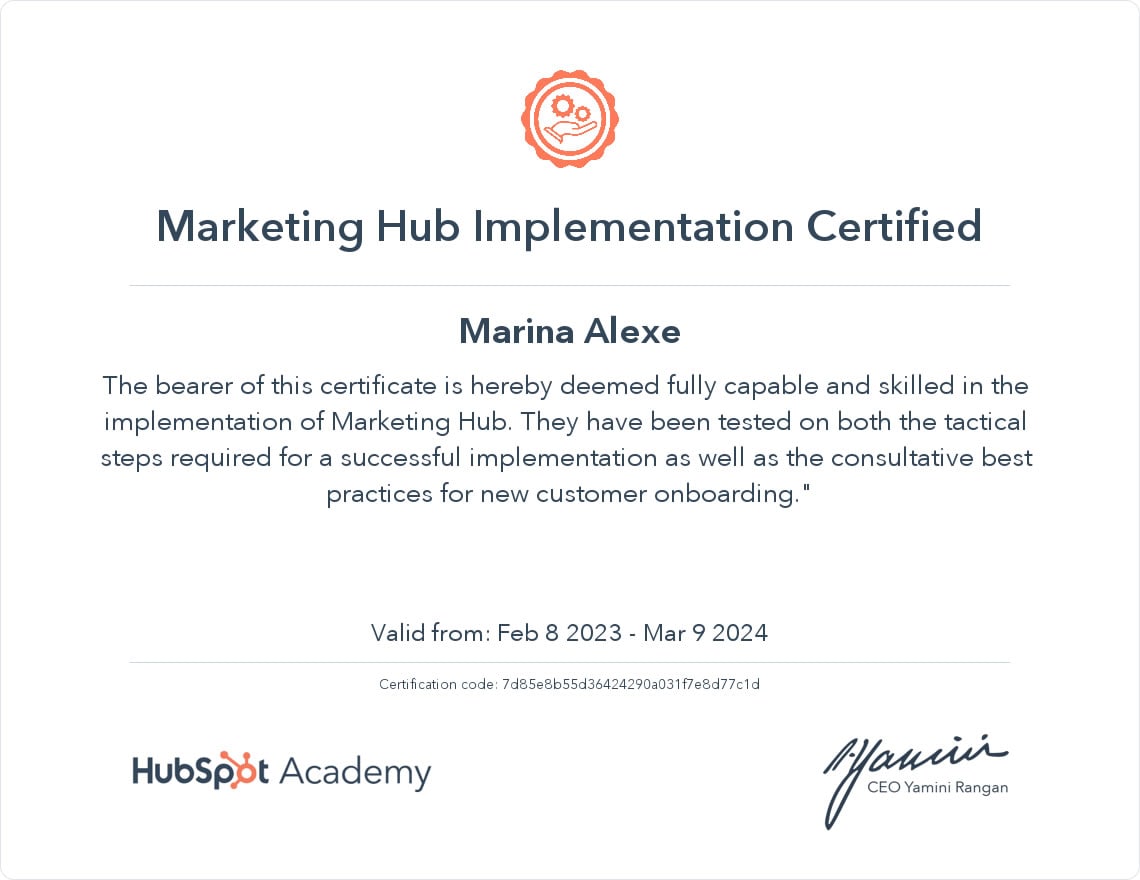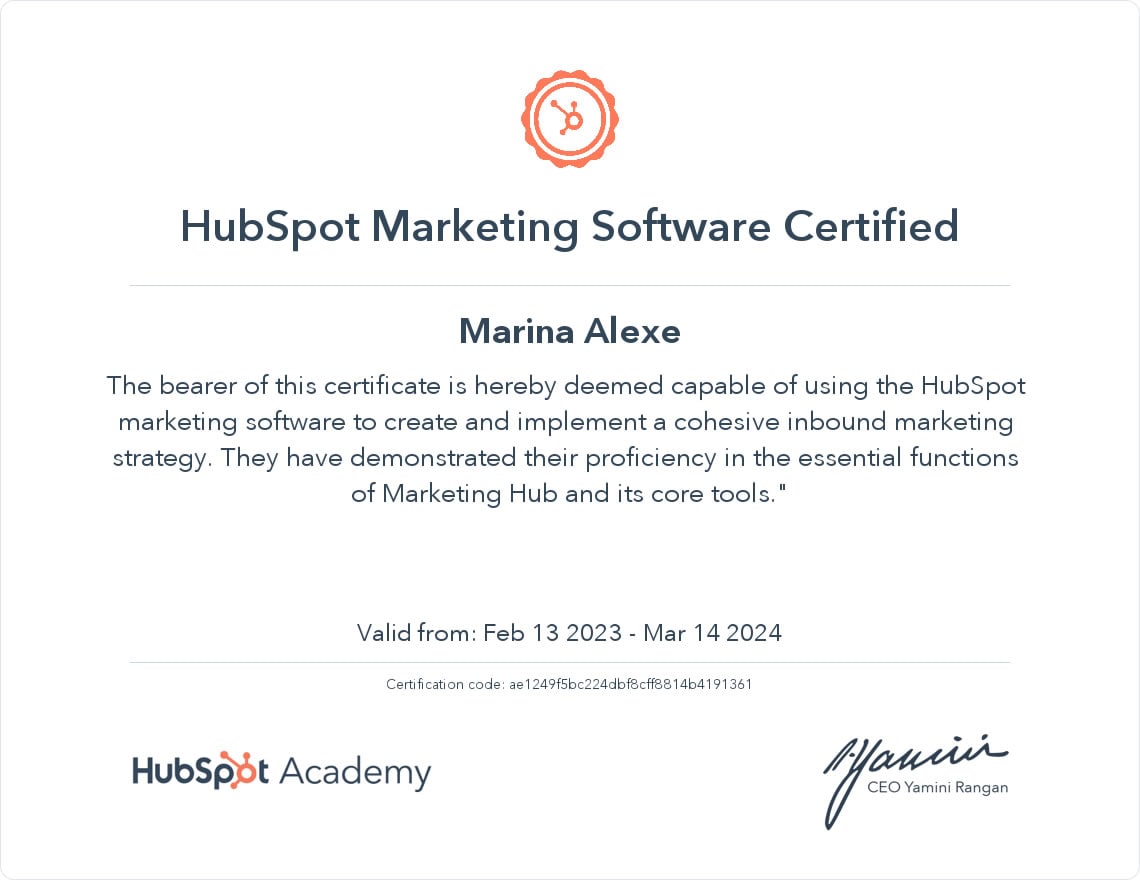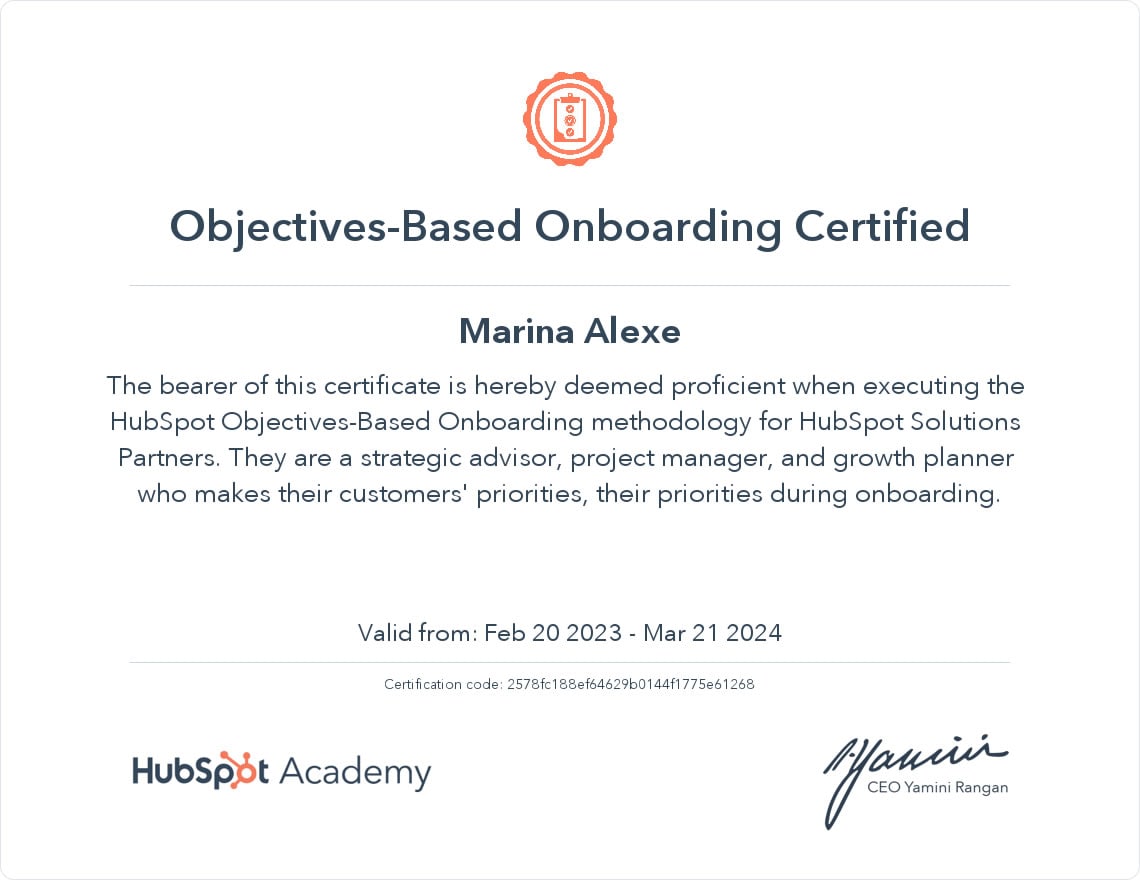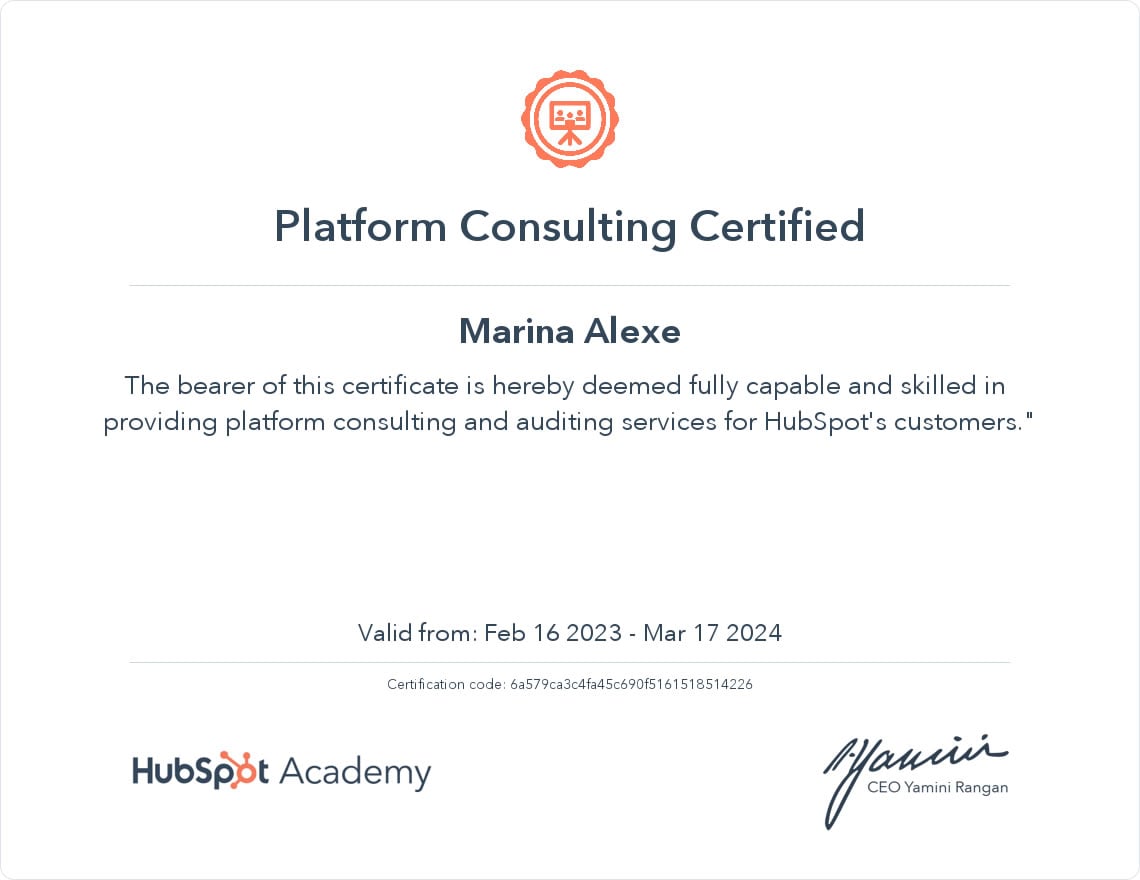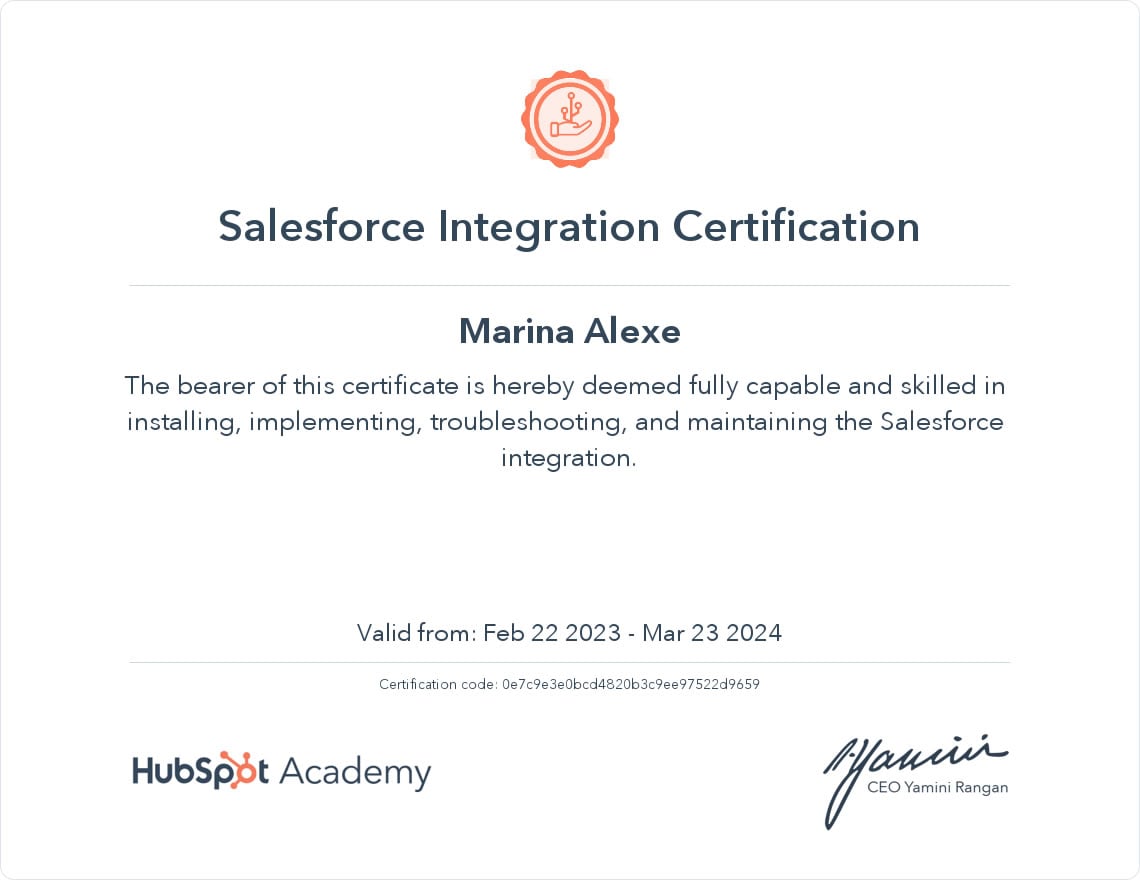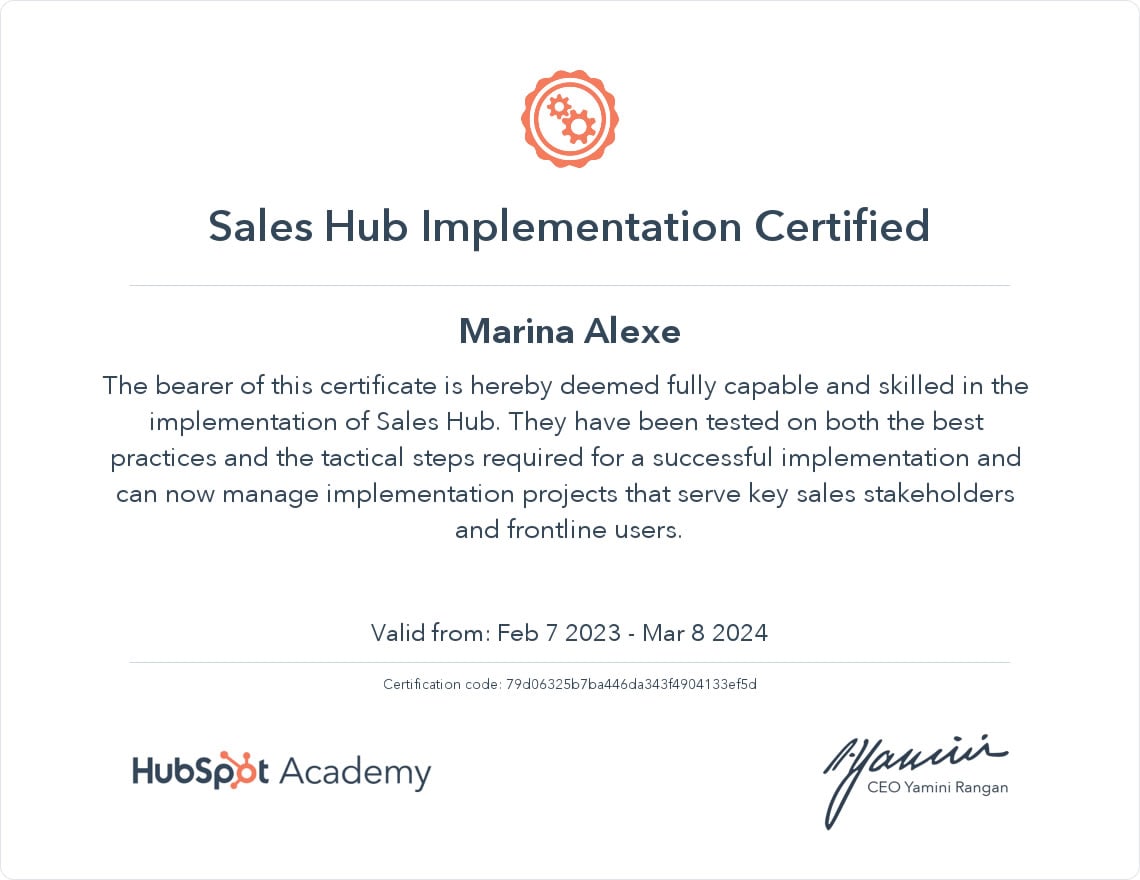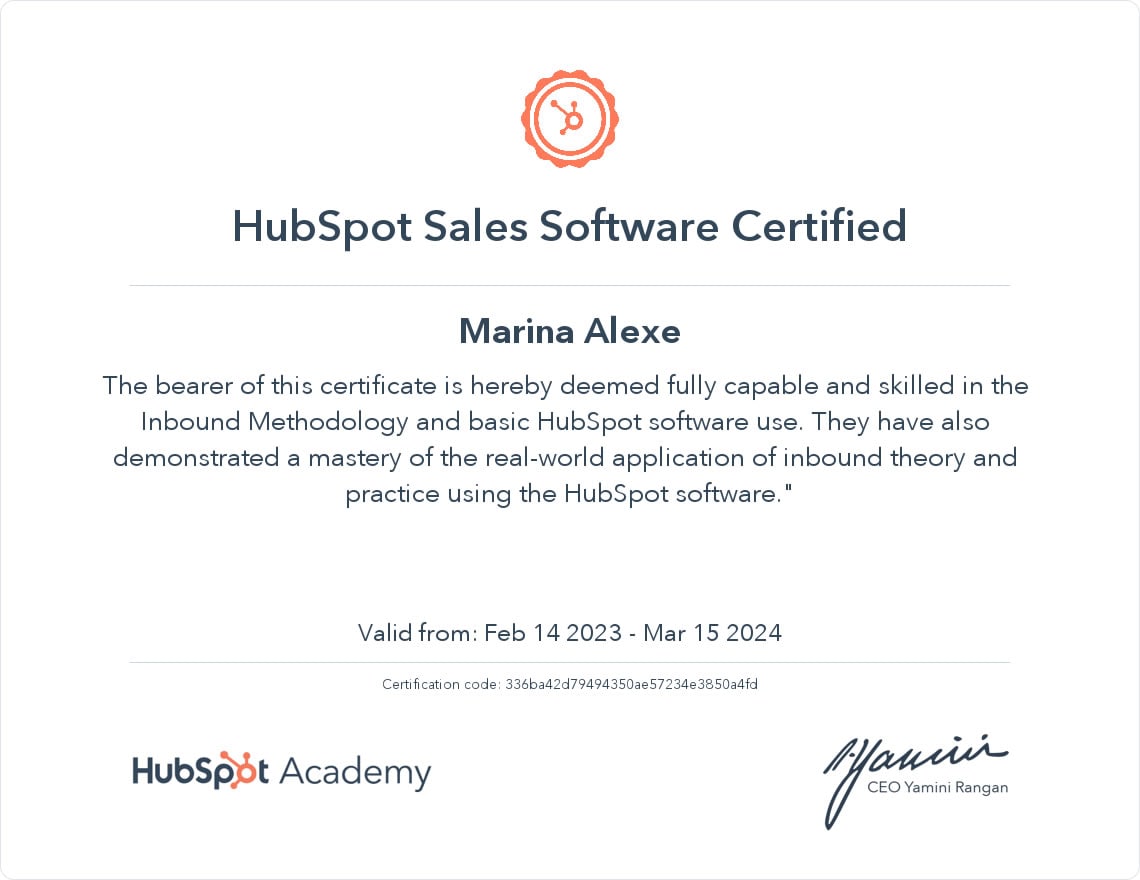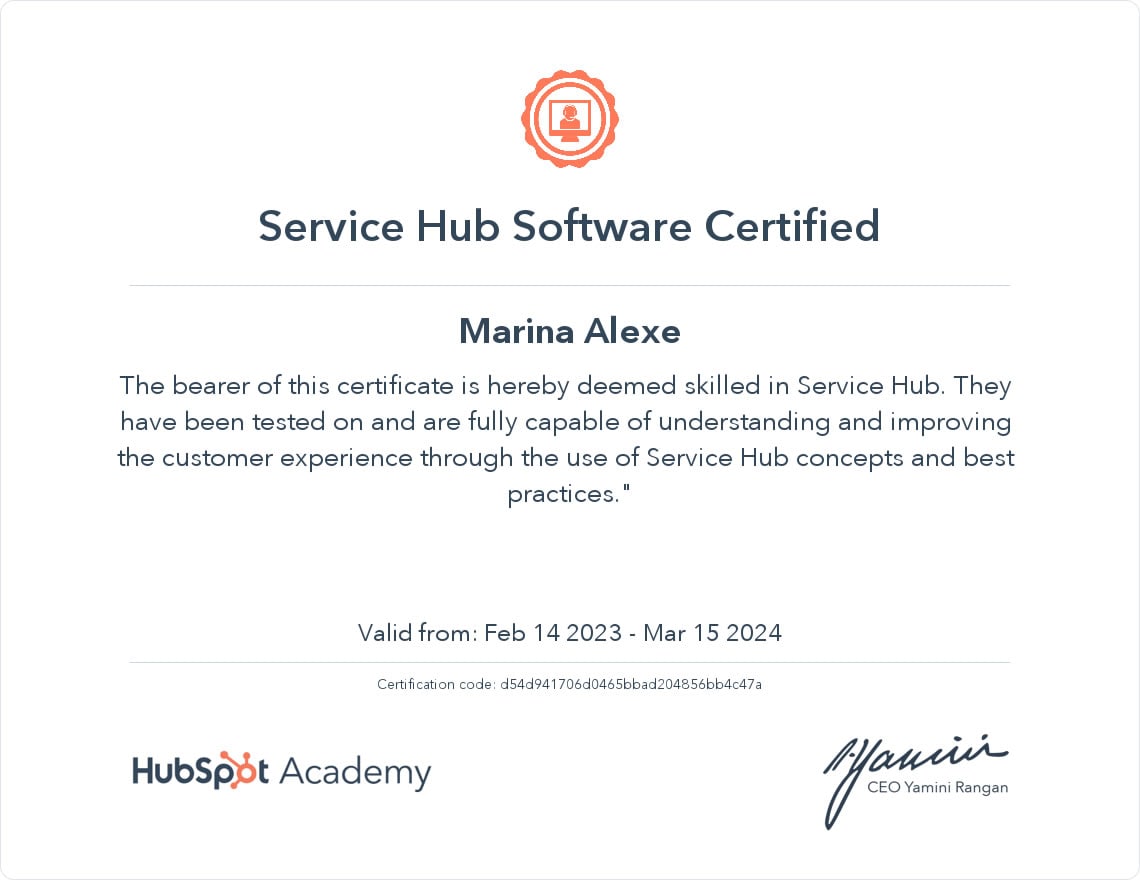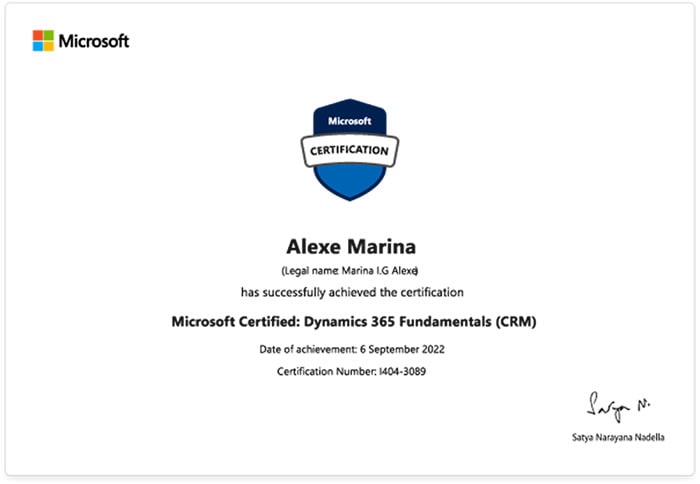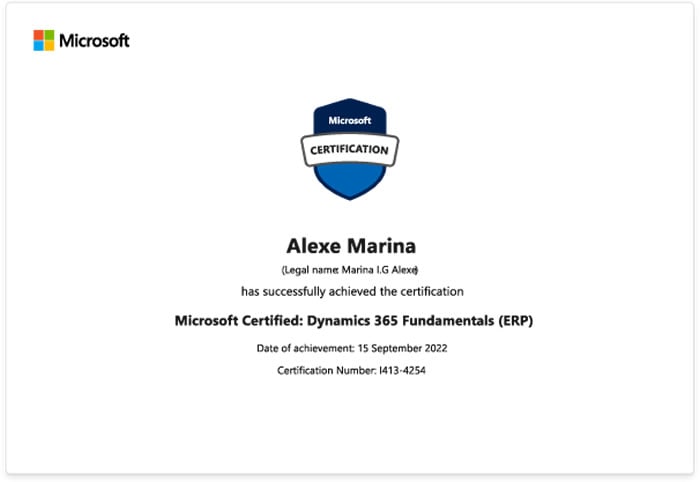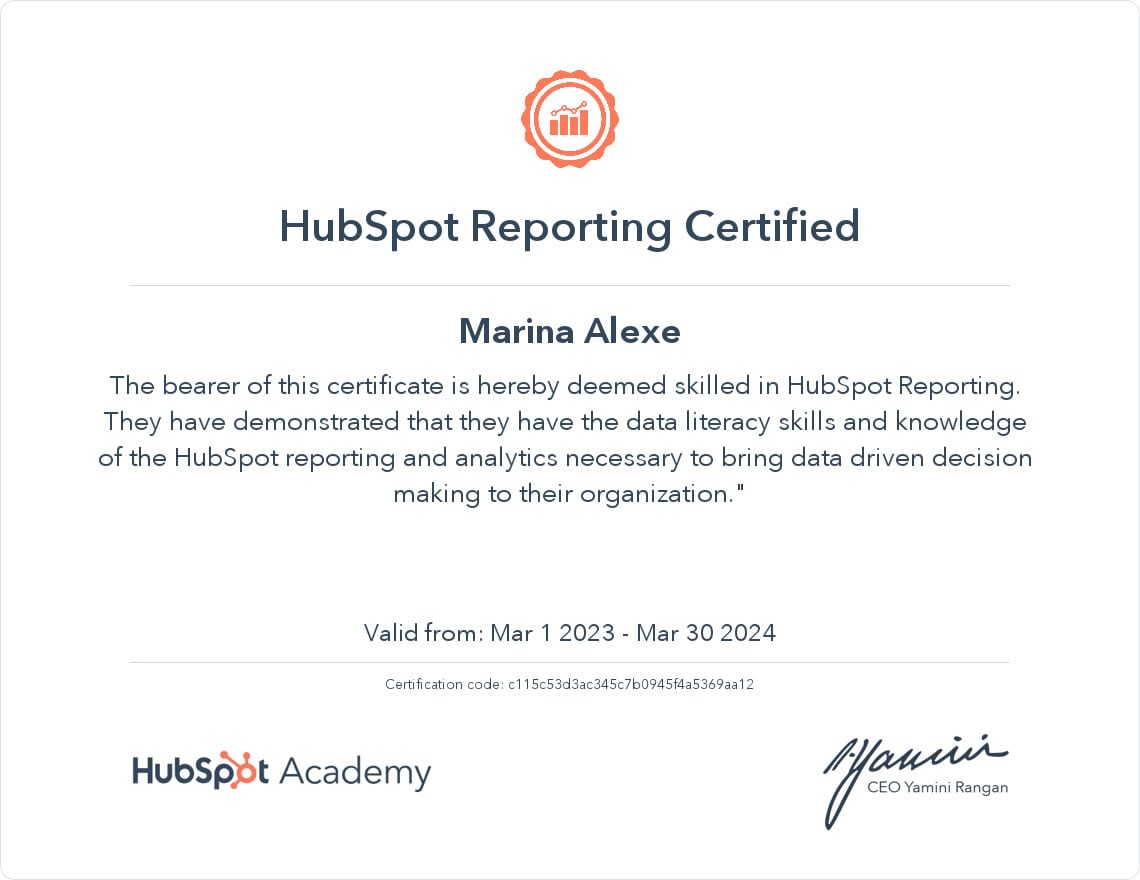Challenges
Mobile payments are a strategic move for all gaming companies. They allow scaling to a large user base that pays regular small amounts. To sell mobile games worldwide through mobile payments, we tackled four challenges:

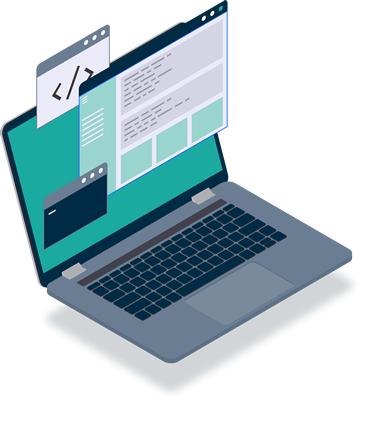
Interested?
Tell us about your company needs and
get a quote or our professional opinion.
Contact us
Unify hundreds of different APIs
Each mobile carrier has its own API. The single platform took into account their differences:
● Support for HTTP and non-HTTP API.
● Multiple authentication methods
● Multiple format encoding.
● Multiple interaction patterns: send a request-read response, send a request-download response, send a request-wait-receive response.
In order to translate all of them into a single standard format, high-level standardization was applied.
OPTI found common patterns to organize the variable APIs in less than ten general concepts. The most important concepts were the user (the millions of end clients) and the procedure
(an action performed by or for a user, such as a payment, balance-check or refund).
Intermediary concepts were used to make the transition from the standard high-level structure to the low-level variable APIs. The standardization used UML in a structured SQL database, and noSQL data stores for non-critical data.

Unify user journeys and flows
The payment platform's purpose was to bring the user from their first access to the completed payment. We took into account:
● Regulatory differences (country laws)
● Payment-schedule differences: one-time charging, daily charging, weekly charging etc.
● Balance checking.
● Product granularity: One of the thousands of product variants should be delivered to the user based on what he paid.
OPTI extended the high-level standardization in the data structure to the programming code used. Each mobile carrier could be assigned a programmer.
But common standards and a mandatory common design are specified.
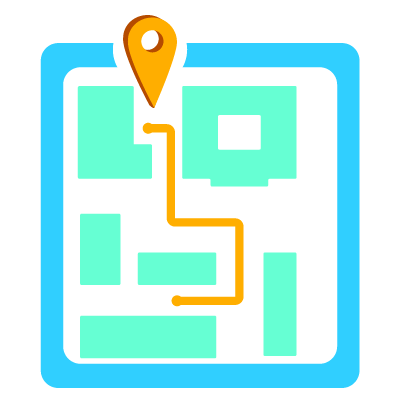
Deliver speed and scalability
The payment platform has to deal with millions to billions of users and procedures. Our top priorities were:
● Payment speed
● Payment regularity
● Distributed nature
● Natural separation of resources
● Resources economy
OPTI measured and computed the impact of each procedure on the hardware theoretically, choosing time-tested technologies.
A scheduling engine was developed from scratch. We also put business logic in the database itself (i.e. using stored procedures and database triggers)


Ensure reliability and traceability
Any payment system requires the highest level of reliability and traceability:
● Payment history
● Atomicity and reversibility
● Ease of inspection
● Documentation and ease of on-boarding in place.
OPTI designed a noSQL data store separated from the standard structured SQL data store to record the entire process history.
All API interactions are also logged. The project documentation includes the programming standards,
the detailed programming structure and the API interaction details.

Results
Billions of SMS and mobile payments
Millions of subscribers
Quality assurance
Real-time analytics
Local and timezone optimization
Cloud infrastructure
Full technology
stack
CRM and ERP
certifications

HubSpot Data
Integrations Certified

Marketing Hub
Implementation Certified

HubSpot Marketing
Software Certified

Objectives-Based
Onboarding Certified

Platform Consulting
Certified

Salesforce Integration
Certified

Sales Hub
Implementation Certified

HubSpot Sales
Software Certified

Service Hub
Software Certified

HubSpot CMS Developer
Certified

HubSpot Reporting
Certified

Microsoft Dynamics 365
Fundamentals (CRM)

Microsoft Dynamics 365
Fundamentals (ERP)
Latest
Announcements












